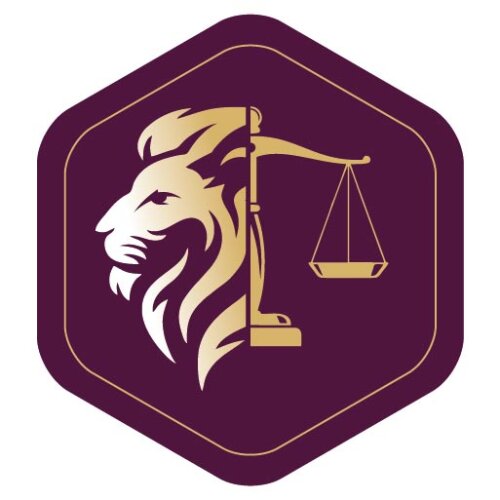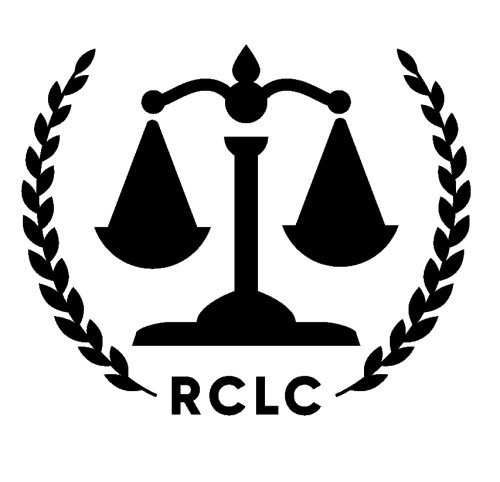Best Citizenship Lawyers in Harare
Share your needs with us, get contacted by law firms.
Free. Takes 2 min.
List of the best lawyers in Harare, Zimbabwe
About Citizenship Law in Harare, Zimbabwe
In Harare, Zimbabwe, citizenship law is governed by the Zimbabwean Constitution and the Citizenship of Zimbabwe Act. Citizenship can be acquired through birth, descent, registration, and in some cases, by naturalization. The law is designed to ensure clarity regarding the status of individuals living in Zimbabwe and their rights and obligations as citizens. Key factors influencing citizenship include the place of birth, the citizenship of parents, and the marital status of individuals.
Why You May Need a Lawyer
Securing citizenship status in Harare, Zimbabwe, can be a complex process due to the intricate documentation and legal requirements involved. Individuals may need legal assistance in several common situations:
- Applying for citizenship by descent or birth if the circumstances are not straightforward.
- Dealing with the complexities of dual citizenship or renunciation of a previous nationality.
- Submitting applications for citizenship registration or naturalization, which may require legal guidance to ensure completeness and accuracy.
- Navigating disputes regarding citizenship status, including issues arising from errors or denial of an application.
- Understanding changes in citizenship laws or regulations that might affect one's legal status.
Local Laws Overview
Zimbabwe's citizenship laws have evolved, with significant changes made in the 2013 Constitution. Here are some key aspects:
- Citizenship by Birth: Granted to individuals born in Zimbabwe to at least one Zimbabwean citizen or to individuals with no other nationality who are found in Zimbabwe.
- Citizenship by Descent: Available to those born outside Zimbabwe to at least one Zimbabwean citizen parent or grandparent.
- Dual Citizenship: The 2013 Constitution allows dual citizenship, largely for those acquiring another nationality by birth.
- Naturalization and Registration: These processes are available for those who have been permanent residents or refugees, subject to fulfilling residency and legality requirements.
- Renunciation and Deprivation: Legal frameworks exist for voluntary renunciation of Zimbabwean citizenship, and for deprivation of citizenship in cases of acquisition through fraud.
Frequently Asked Questions
What qualifies someone for citizenship by birth in Zimbabwe?
An individual qualifies for citizenship by birth if they are born in Zimbabwe to at least one parent who is a citizen of Zimbabwe.
Is dual citizenship permitted in Zimbabwe?
Yes, dual citizenship is permitted under the Zimbabwean Constitution, primarily for citizenship obtained by birth.
What documents are required for citizenship application?
Requirements include birth certificates, parent's citizenship proof, residency permits (for naturalization), and any other relevant legal documents required by the Registrar General’s Office.
Can citizenship be revoked?
Yes, the law allows for the revocation of citizenship acquired through fraudulent means or if a person shows disloyalty to the state.
How long does the naturalization process take?
The naturalization process's duration varies and depends on the completeness of documentation and adherence to legal procedures. It can take several months to a few years.
Can minors apply for citizenship independently?
Minors typically cannot apply for citizenship independently; their applications are generally filed with or through their guardians or parents.
What happens if my citizenship application is denied?
You may appeal the decision or seek legal recourse by consulting with an experienced attorney who specializes in citizenship law.
Are there special considerations for refugees seeking citizenship?
Special provisions exist for refugees to apply for citizenship after a stipulated time of residency and legal compliance. Legal advice is recommended to navigate this process.
How does marriage affect citizenship status?
Marriage to a Zimbabwean citizen might aid in obtaining residency status and possibly lead to an expedited path to citizenship, but legal formalities must be observed.
Can I renounce my citizenship, and what is the process?
You can renounce your Zimbabwean citizenship by providing formal notice to the appropriate authorities, subject to verification and confirmation of your status.
Additional Resources
For further assistance, consider reaching out to these entities:
- Registrar General’s Office: The primary government body handling citizenship matters in Zimbabwe.
- Ministry of Home Affairs: Offers guidance on various aspects of citizenship and residency.
- Legal Resources Foundation: Provides legal aid and advocacy, including citizenship law.
- Zimbabwe Lawyers for Human Rights: An organization that can help with legal representation and advice.
Next Steps
If you require legal assistance related to citizenship in Harare, consider the following steps:
- Gather all necessary personal documentation such as identification, birth certificates, and relevant legal documents.
- Consult with a qualified legal professional who specializes in citizenship law to evaluate your situation and guide you through the process.
- Contact the Registrar General’s Office for the forms and details specific to your citizenship application type.
- Prepare for any interviews or verifications that may be required as part of your application process.
- Stay informed on any legislative changes by following updates from reliable sources or your legal advisor.
Lawzana helps you find the best lawyers and law firms in Harare through a curated and pre-screened list of qualified legal professionals. Our platform offers rankings and detailed profiles of attorneys and law firms, allowing you to compare based on practice areas, including Citizenship, experience, and client feedback.
Each profile includes a description of the firm's areas of practice, client reviews, team members and partners, year of establishment, spoken languages, office locations, contact information, social media presence, and any published articles or resources. Most firms on our platform speak English and are experienced in both local and international legal matters.
Get a quote from top-rated law firms in Harare, Zimbabwe — quickly, securely, and without unnecessary hassle.
Disclaimer:
The information provided on this page is for general informational purposes only and does not constitute legal advice. While we strive to ensure the accuracy and relevance of the content, legal information may change over time, and interpretations of the law can vary. You should always consult with a qualified legal professional for advice specific to your situation.
We disclaim all liability for actions taken or not taken based on the content of this page. If you believe any information is incorrect or outdated, please contact us, and we will review and update it where appropriate.














